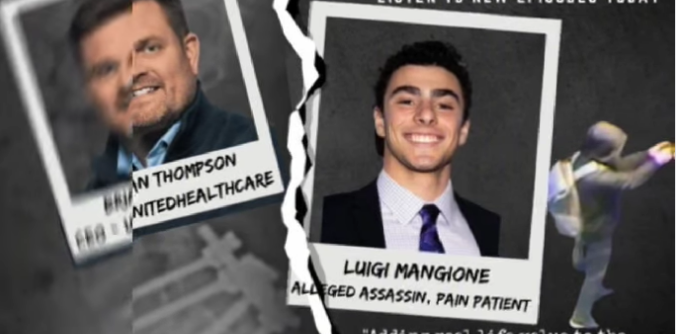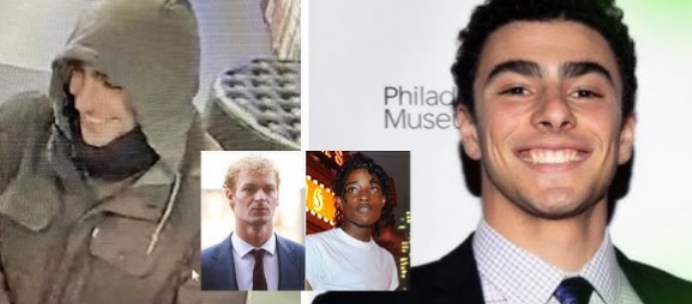Dr. has spent much of his life in service to others and has
maintained his commitment to the underserved throughout his medical career. From his time at Howard University, where he received his medical and residency training in general surgery, Freeman has never lost sight of the connection between race, poverty and healthcare. As a surgeon, Dr. Freeman has been particularly instrumental in highlighting the disparities in healthcare as it relates to cancer detection and treatment
Dr. Harold Freeman, Medical Director of the Ralph Lauren Center for Cancer Care and Prevention in New York City and Associate Director of the National Cancer Institute, has spent much of his life in service to others and has maintained his commitment to the underserved throughout his medical career. From his time at Howard University, where he received his medical and residency training in general surgery, Freeman has never lost sight of the connection between race, poverty and healthcare.
As a surgeon, Dr. Freeman has been particularly instrumental in highlighting the disparities in healthcare as it relates to cancer detection and treatment. To that end, in addition to his position as a clinical attending in the department of surgery in the breast service at Memorial Sloan- Kettering Cancer Center, Dr. Freeman is also head of the Breast Examination Center of Harlem (BECH).
Through its full time staff including health educators, mammography technicians and patient navigators, BECH provides an instrumental role in the detection of breast cancer in the Harlem and upper Manhattan community. Programs such as BECH provide free breast cancer screening services to improve the early detection and reduce the morbidity and mortality of breast cancer among underserved groups.
Dr. Freeman has worked at both Harlem Hospital where he served as Director of Surgery for twenty-five years and North General Hospital where he served as President and CEO for a two –year period. Recently, the Black Star News’ medical reporter, Dr. Mana Lumumba-Kasongo, had the opportunity to have a discussion with Dr. Freeman about cancer screening.
BSN: From a socio-economic standpoint, how important is cancer screening?
Dr. Freeman: It is incredibly important. As a surgeon in Harlem I began treating women who would present to me in the very late stages of breast cancer. It became apparent to me that poverty, race and healthcare were connected. And that poverty was the fundamental universal force in all of this.
BSN: How did your work in Harlem shape your views and ultimately your career?
Dr. Freeman: I was able to look at the American healthcare system through the lens of Harlem. I saw first hand how poverty drives inadequate education and lack of access to prevention.
BSN: What role does race play in poverty as it relates to healthcare?
Dr. Freeman: It plays a big role, but not the only role. We have to be careful and be able to distinguish between race and poverty. Being Black doesn’t necessarily make you poor; it’s just that a disproportionate number of Black people are poor. And there are certainly Caucasians that would be considered poor. That having been said, race has a special significance because of its role in American history. Race doesn’t even mean very much biologically, but it is a reflection of how we view people and the assumptions that we make about a group of people, which also guides how they are treated.
BSN: Part of the problem with the discussion of prevention in the Black community is that there is a distrust of the medical community. How have you tried to combat this in your endeavors?
Dr. Freeman: Yes, distrust is a big issue. I think we need to start with education of our community. This is why we came up with the patient navigator system at our breast center. Find the person who looks like the patient whose job it is to help the patient navigate the medical system and foster trust with patient. When patients can trust, then they get the sense that they are being treated fairly and that they will be able to get through the system without barriers. Once this is done it becomes easier to engage patients in their own healthcare.
Breast Examination Center of Harlem
(212)531-8000
http://www.mskcc.org/mskcc/html/8506.cfm
For more reports please click on subscribe on the homepage or call (212) 481-7745 to get the newsstand edition of The Black Star News, the world’s favorite Pan African weekly newspaper.





